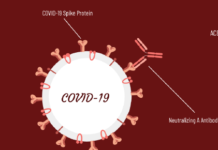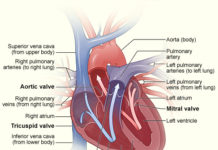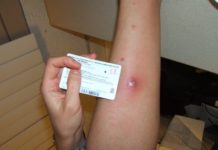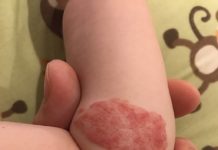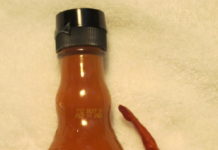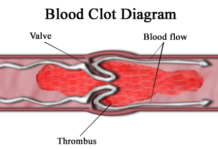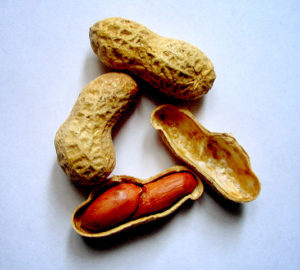
By Kennedy Taylor and Olivia Patterson; Farnsley Middle School (Louisville, KY)
Teacher: Marsha Buerger
“I first discovered my allergy to nuts when I was young; I was fed a mix of almonds, cashews, and other nuts” says Alex, age 12. “My face turned bright red, I began to vomit, my throat began to close up and I couldn’t breathe. My parents rushed me to the hospital. They declared that I had a moderate to severe nut allergy.”
Many people we know, including Alyssa, age 13, Alex, Anakin, age 17, along with many worldwide, are allergic to peanuts and/or tree nuts. The consumption of peanuts or tree nuts by people with nut allergies can have different effects on the person.
When Anakin eats or smells nuts he can no longer breathe, his face swells up, and he coughs a lot.
Alyssa found out that she was allergic to nuts around the ages of 5-7. She had a mild reaction to peanuts, but as the years have gone on the allergy has gotten more severe.
Alex, discovered her peanut allergy around 2-3 years old, and as the years progressed her moderate-to-severe allergy stayed around the same throughout her life as a teen.
According to the Mayo Clinic, symptoms of nut allergies include runny nose, skin reactions, such as hives, redness or swelling, itching or tingling in or around the mouth and throat, digestive problems, such as diarrhea, stomach cramps, nausea or vomiting, tightening of the throat, and shortness of breath or wheezing.
Anakin’s reaction makes it to where he can no longer breathe. His reaction is one of the most common reactions and is a symptom of anaphylactic shock. Anaphylaxis, also known as anaphylactic shock, is a life-threatening whole body reaction to an allergen. Some symptoms of anaphylaxis include swelling in the throat, drop in blood pressure, pale skin or blue lips, impaired breathing, dizziness and fainting.
According to Wikipedia, the percentage of people in the United States with peanut allergies is .6%. Which is about 192.8 million people.
Foodallergy.org states that the number of children affected by peanut allergies has tripled between 1997 and 2008. About 25% to 40% of children in the U.S. that have peanut allergies also have tree nut allergies.
According to The National Institute of Allergy and Infectious Diseases (NAID), ‘’ the allergy tends to develop in childhood and persist through adulthood.” About 26.6% of children tend to outgrow the allergy by the age of 5.
However, scientific research published in March of 2016, called the Learning Early about Peanut Allergy Study (LEAP) and conducted by the Immune Tolerant Network (ITN), demonstrated that “introducing peanut-containing foods into the diet during infancy can prevent the development of peanut allergy.” Based on the LEAP Study, 17% of children who avoided peanut-based products developed peanut allergy by the age of 5. But, only 3% of the children who consumed peanut-based products developed peanut allergies by the age of 5.
The study was conducted by splitting a group of 640 children, between the ages of 1 and 5, into two groups. One group was assigned to consume at least one peanut containing snack with three or more meals. The other group was assigned to completely avoid ingesting peanut containing foods. The article suggests that feeding children nuts at a young age may reduce the chances of having peanut and or tree nut complications in the future.
In addition, a study done by Dr. George Du Toit of the St. Thomas Hospital, London, and his associates, which was published by in the New England Journal of Medicine in 2016, stated, “The prevalence of peanut allergies among Jewish children in London who were not given peanut-based products in the first year of life was ten times as high as that among Jewish children in Israel who had consumed peanut-based products before their first birthdays.”
According to Mayo Clinic, there is no way to prevent an allergic reaction from happening. The only way to avoid a reaction is to completely avoid ingesting peanuts or peanut containing foods. Treatments include injections of epinephrine like EpiPen, Auvi-Q, or Twinject.
Alex states, “My allergy is still there and it’s gotten a bit better overtime. Some nuts no longer give me an allergic reaction now.”

This work is licensed under a Creative Commons Attribution-NonCommercial-NoDerivs 3.0 Unported License


